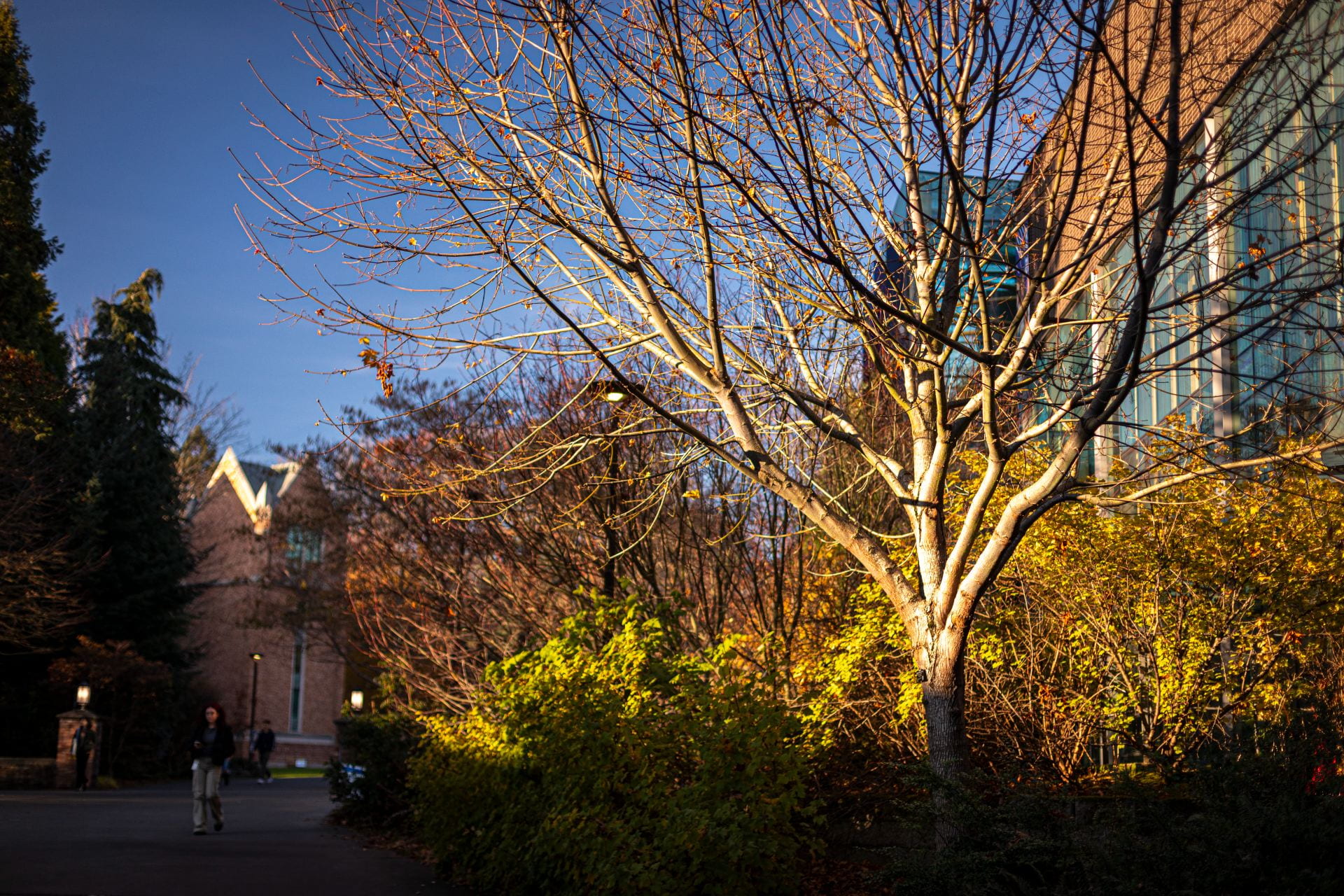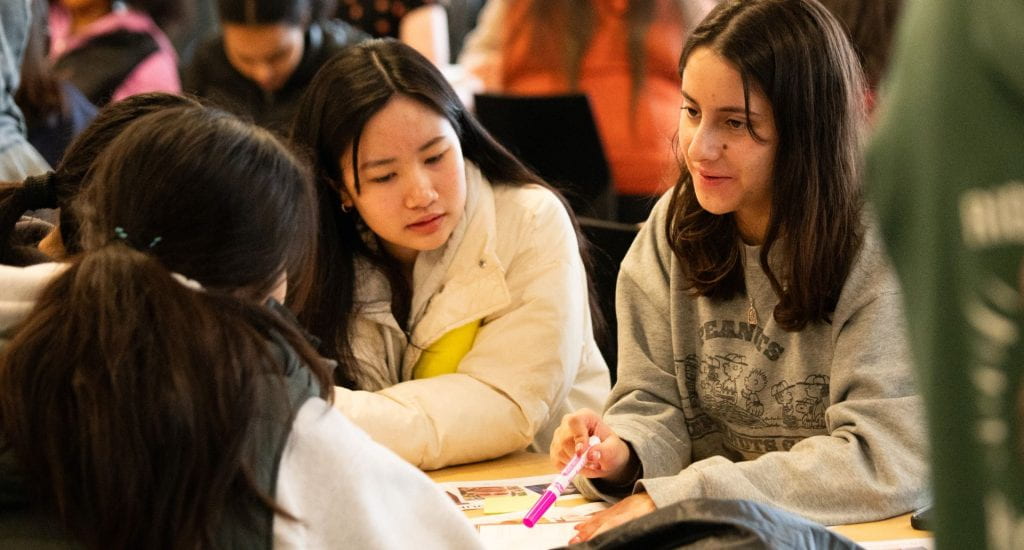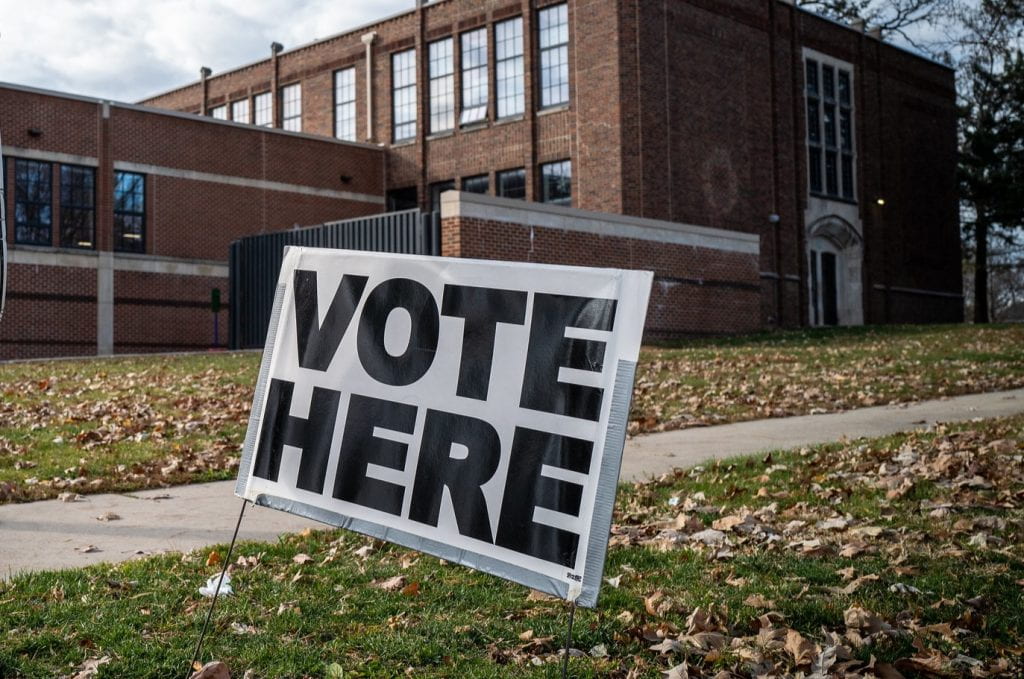News coverage from November 2023 about the Center for an Informed Public and CIP-affiliated research and researchers.
- The Atlantic (November 1): “Elon Musk’s unrecognizable app”
The Atlantic Daily newsletter cited an October 20 CIP rapid research report that found how Elon Musk, the owner of X, formerly known as Twitter, plays an “outsize role in elevating content” around the Israel-Hamas war. “Researchers with the University of Washington’s Center for an Informed Public looked at seven highly influential accounts accounts that cumulatively boasted 1.6 billion views posting about the Israel-Hamas war and found that ‘with the exception of one … all had received replies from Musk since his acquisition of Twitter.’”
***
- Gizmodo (November 2): “No, TikTok (probably) isn’t anti-Israel”
CIP research scientist Mike Caulfield was interviewed by Gizmodo for a story about political claims and related criticism of TikTok that it’s boosting anti-Israel content on the platform to influence its younger users. Gizmodo, citing Caulfield, notes “that focusing this obsession with the way social media platforms could influence users to believe certain opinions potentially misses a more concerning point.” Caulfield said: “I’m more struck with the way these platforms can serve to eradicate self-doubt. The ways in which they foreclose someone coming to a more complex understanding, or acknowledging the reasonableness of a competing perspective as we all become curators of a firehose of evidence that seems to show the unquestioned righteousness of our position—whatever side we’re on—that’s the piece I’m worried about most.”
***
- KBTC-TV Tacoma (November 2): “Northwest Now: Artificial intelligence”
CIP co-founder Ryan Calo, a UW School of Law and Information School professor, was interviewed on “Northwest Now,” where he discussed AI policy. “And my view is that if artificial intelligence is going to change everything, then one of the things that needs to change is law and legal institutions,” Calo said.
***
- National Public Radio (November 10): “Why the fight to counter false election claims may be harder in 2024”
CIP director Kate Starbird was interviewed for an “All Things Considered” segment about the varied information challenges election officials, academic researchers and others face heading into the 2024 U.S. elections. The segment highlighted the chilled environment researchers who study election misinformation face, including those at the UW CIP, as their work faces “weaponized criticism” which has been “having a negative impact on our ability to understand and address what many of us feel to be a pretty large societal problem,” Starbird said. “They are limiting our ability just to do the research, because we’re spending too much time with our lawyers, but also limiting our ability to have conversations with the people who need our work the most, whether that’s election officials or whether that’s social media platforms.”
***
- The Keene Sentinel (November 13): “How to navigate election misinformation online”
An article in The Keene Sentinel newspaper in New Hampshire cited the SIFT method for factchecking and contextualizing claims online developed by CIP research scientist and digital literacy expert Mike Caulfield.
***
- WGN-TV Chicago (November 14): “How to know what to believe online”
CIP research scientist Mike Caulfield interviewed for a WGN Morning News segment about Verified: How to Think Straight, Get Duped Less, and Make Better Decisions About What to Believe, the book he co-authored with Stanford University professor emeritus Sam Wineburg and digital literacy tips and information-seeking strategies featured.
***
- The Seattle Times (November 17): “Making better decisions about what to believe online”
An excerpt from Verified: How to Think Straight, Get Duped Less, and Make Better Decisions About What to Believe, a recently released book co-authored by CIP research scientist Mike Caulfield and Stanford University professor emeritus Sam Wineburg, was published in The Seattle Times Opinion section.
***
- TT News Agency / Sydsvenskan (November 20): “A new elite controls the Gaza flow on X”
CIP postdoctoral scholar Mert Can Bayar, one of the co-authors on an October 20 CIP rapid research report, was interviewed by the TT news wire service in Sweden, for an article about how a group of seven influential accounts on X, formerly known as Twitter, greatly shaped crisis dialogue during the first three days of the Israel-Hamas war.
***
- Fast Company (November 21): “Misinformation research is under attack. So what’s the plan for 2024?”
In a Fast Company article examining the new online information environment heading into the 2024 U.S. elections, as social media platforms pull back content moderation resources and limit the ways academics can study voting-related rumors, mis- and disinformation spreading online, CIP director Kate Starbird, a UW HCDE associate professor, said: “There’s no playbook that seems to be up to the challenge of the new moment.” But as Fast Company notes, “as the 2024 election cycle gets underway, she and others in the space are hard at work writing a new one.”
***
- National Public Radio (November 27): “Civilian deaths are being dismissed as ‘crisis actors’ in Gaza and Israel”
CIP research scientist Mike Caulfield interviewed for a segment that aired on “Morning Edition” about “crisis actor” narratives spreading online emerging from the Israel-Hamas war. “I don’t think we’re meant to deal with this level of traumatizing video,” said Caulfield, who noted that crisis actor claims in the current conflict may be a result of the sheer volume of imagery that is available online.




